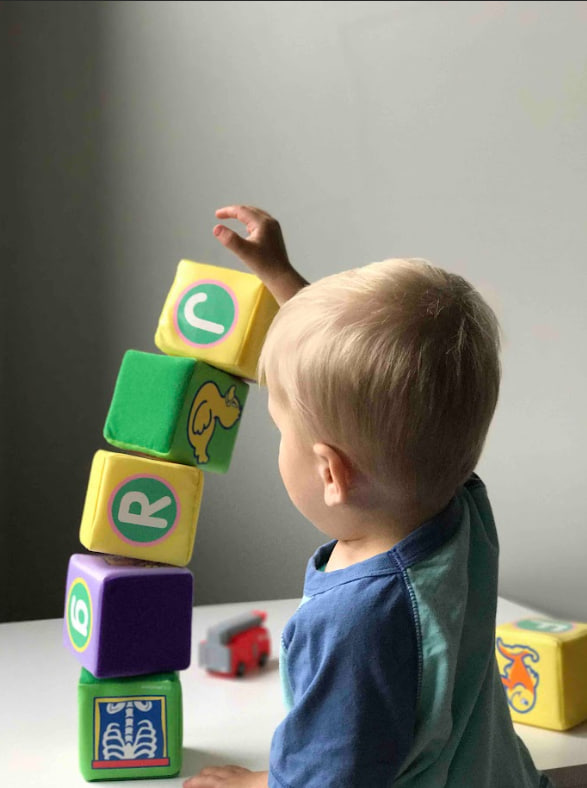Effective use of toys to teach the alphabet, numbers and basic knowledge
You may be wondering how toys can help your child learn the alphabet, numbers and other basics. The answer is that they can do it in a fun and interesting way. Children will love playing with these toys because they are bright and attractive to children's sight and touch.
Advantages of educational toys
Educational toys have gained popularity over the years due to their ability to engage children in learning. They offer a unique way of combining play and learning, allowing children to develop their creativity and imagination while having fun. Through hands-on play, educational toys help children develop cognitive, physical and social skills, and teach them early math skills. With so many benefits, educational toys provide parents with a great opportunity to help their children develop and learn. Using educational toys has many advantages. It's an easy way for parents to teach their kids important skills like reading or math without feeling like they're teaching them anything at all!
They provide opportunities for children to express themselves through play activities that are both fun and educational!
Types of toys for learning the alphabet, numbers and other basics
Below are some of the most popular products for learning the alphabet, numbers and other basics:
Alphabet blocks
Magnetic letters
Digital puzzles
Shape sorters
You can also find flash cards that will teach your child how to count from 1 to 10. Some parents even use these types of toys at home as part of a homeschooling program for younger children who are not yet ready for traditional school but still want an educational experience outside of kindergarten or preschool.
Tips for choosing toys for learning the alphabet, numbers and other basic skills
Consider age.
Consider interests.
Look for toys that are exciting and challenging.
Look for toys that are developmentally appropriate for your child, i.e. appropriate for their motor skills, language skills, ability to follow instructions, etc.
While this is not the only way to help children learn, they offer a unique way to engage them in learning opportunities that go beyond the traditional classroom. Educational toys have been proven to help children develop cognitive skills, including memory and attention. This has led some education experts to recommend them as an alternative to formal education.
Using toys to learn the alphabet
Use of alphabet blocks. Children can learn the letters of the alphabet by sorting them into groups and matching them with corresponding pictures. They can also be used to spell words or build a tower as tall as you want!
Use of magnetic letters. A great way for kids who are just learning to write their names or those who need help with spelling words correctly. There are many different sets at different prices, so you're sure to find one that fits your budget!
Using toys to learn numbers
Using number and sorting toys such as blocks or cups that teach colors and numbers by matching them in the correct order. For example, there may be three red balls in one cup, and two green balls in another; when you put them together on the tray, there will be five! This is a great way to introduce your child to numbers before they learn to read numbers (as well as develop spatial thinking skills).
Play with building toys, with blocks that stack on top of each other in different ways depending on how you stack them - you can build towers or bridges with these toys!
Using toys to teach other basic skills
Using color recognition toys.
Games for memory development.
Shape recognition games.
Tips for using toys to teach the alphabet, numbers and other basics
Start with simple concepts.
Use repetition.
Use a variety of toys and exercises.
Conclusion
The alphabet, numbers and other basic knowledge are important for children. They can be taught with the help of toys in a fun way that will help them remember what they are learning. Teaching these skills early will help your child succeed in school as they get older.
Encourage exploration and experimentation! This is the most important part of learning through play - this is how children learn to solve problems, think critically, develop their creativity and imagination, practice social skills (eg sharing) and much more! The best way for kids to do all of this is to play open-ended play with you, where they can explore freely without feeling like they're being tested on anything or told what to do next (unless you want them to). If you want your child's early development at home or at preschool to be fun, not stressful, let go of any expectations of what "should" happen during play; instead, focus on encouraging curiosity and creating enough structure where everyone knows its location so no one gets left behind while everyone else is having fun together.
